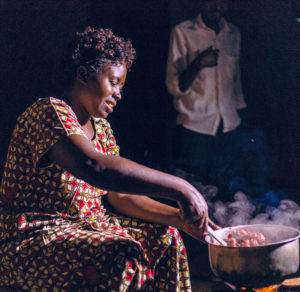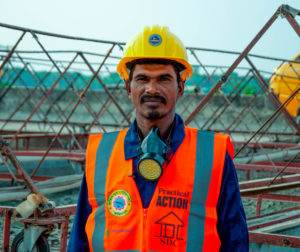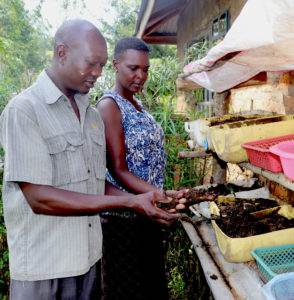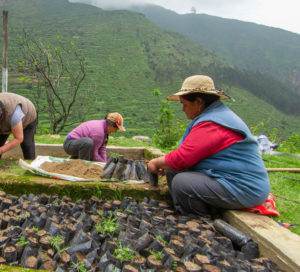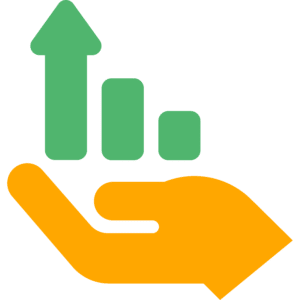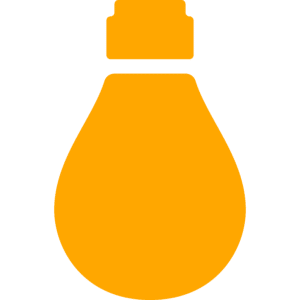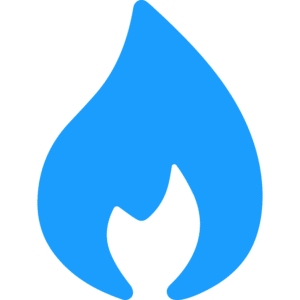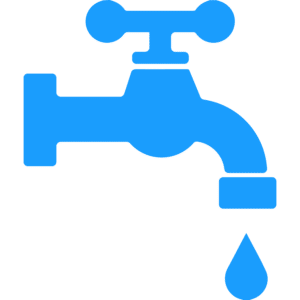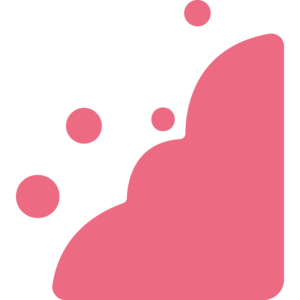A Year of Practical Action
For over 55 years, with the help of our supporters, we’ve been tackling some of the world’s toughest problems. The last year has been no exception. Faced with the worsening impacts of climate change, and other global shocks, our work – and your support, is needed more than ever. Let’s celebrate what can be achieved when we work together, both with the communities we support, and our global community of donors, big and small.
Together, we’ve enabled people in poverty to build more robust futures fuelled by reliable incomes and safer, more inclusive working conditions. Together, we’ve confronted the harsh, ongoing realities of climate change and applied ingenious solutions to help vulnerable communities prepare, adapt and thrive. We’ve continued to share new skills and knowledge to spark aspirations, clean up cities and power-up people’s lives with greener energy.
We hope you’ll enjoy hearing from some of the individuals we’ve worked with this year in the stories that follow. Because of your support, these people, and millions more can look forward to a brighter, more secure future.
Thank You
